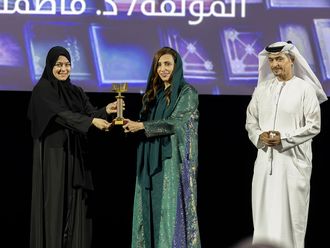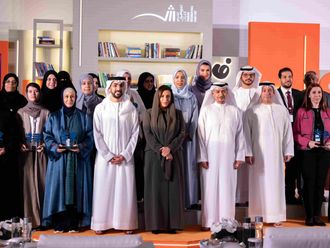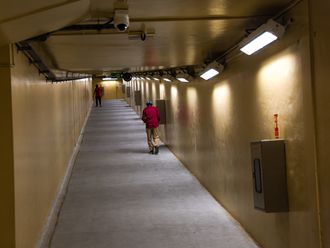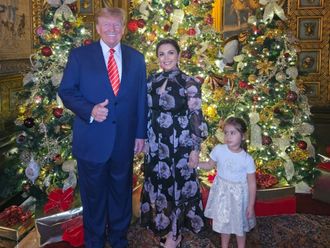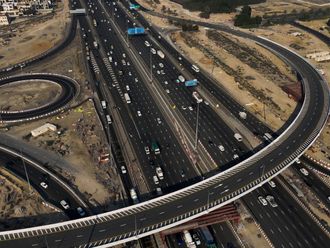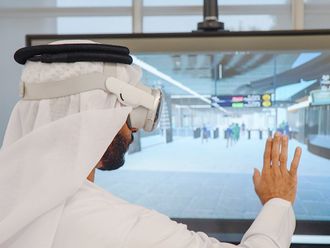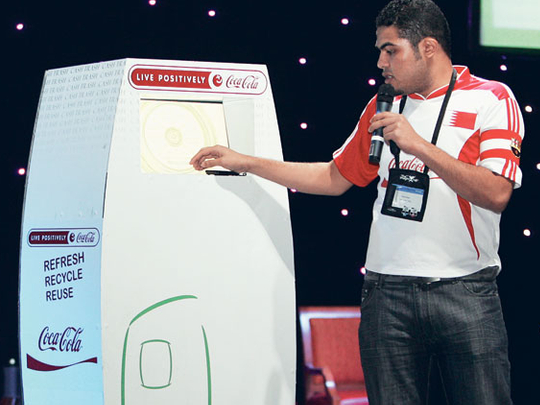
Dubai: Failure should be encouraged among students in the Arab world, Charbel Fakhouri, General manager of Microsoft Gulf, said at the corporation's Imagine Cup semi-finals in Dubai last week.
The Imagine Cup is a student technology competition held in regions across the globe, where university teams are selected to battle it out in the competition's finals in Poland this summer.
"The idea is for students to unleash their imagination using software and technology to build a culture of entrepreneurship and participation," Fakhouri said.
He said the competition seeks to encourage a mentality of business risk-taking, something which is lacking in the Arab world.
"It's needed globally, but more so in the Middle East as our culture is one of winning. If students don't win, their parents are unhappy with them. So we need to nurture a mentality that failure is good, because if they don't try they won't learn," he added.
Persistence
However, some students have already adopted this mentality, Fakhouri said.
"What's interesting is I've seen two teams trying to refine their projects year-on-year, which indicates some of them are very persistent and determined to improve," he said.
One such team is Brainiax from the American University in Dubai with their project, HealthPal.
The team competed in last year's competition in Dubai and came back this year in search of a breakthrough for their health mobile application.
It proposes to provide a range of medical services to residents in remote locations by sending diagnoses to them via text message.
Unfortunately, their efforts did not win them a place in the finals.
Students developed their projects centred on the eight United Nations Millennium Development Goals. Of the five UAE university competitors, team EM from the University of Wollongong in Dubai came fourth with their project Ear it.
Focusing on health, the team chose to raise awareness about impaired hearing with a mobile diagnostic and preventive tool.
"Most teenagers are constantly on their iPods and high volume causes damage to their hearing, which they are unaware of," Rashida Daruwala, an EM team member, said.
"It's an issue often sidelined, so we wanted [to] spread awareness," she said.
The software is a low cost, easy-to-use mobile phone application to test the user's hearing at several frequencies.
It also protects users from noise-induced hearing loss by generating white noise.
The white noise is stored on the mobile as an mp3 file and is used to eliminate harmful noise in the user's surrounding environment.
"It can also be used as an information gathering tool included in censuses.
"The data can be sent to a database used to produce statistics about the prevalence of hearing loss in the region, as there are none right now," Shawn Frank, another EM team member, said.
And the winners are…
First place: Team M.A.A. from the American University of Kuwait with TWTD - a multi-touch tutoring system for the physically challenged.
Second place: Team SQU from the Sultan Qaboos University in Oman with Find me taxi! - a mobile application allowing people to book taxis easily by accessing availability information.
Third place: Team Genius Touch from the University of Bahrain with Cash Trash - a multifunctional smart public recycle bin with a point counting system exchangeable for vouchers.


